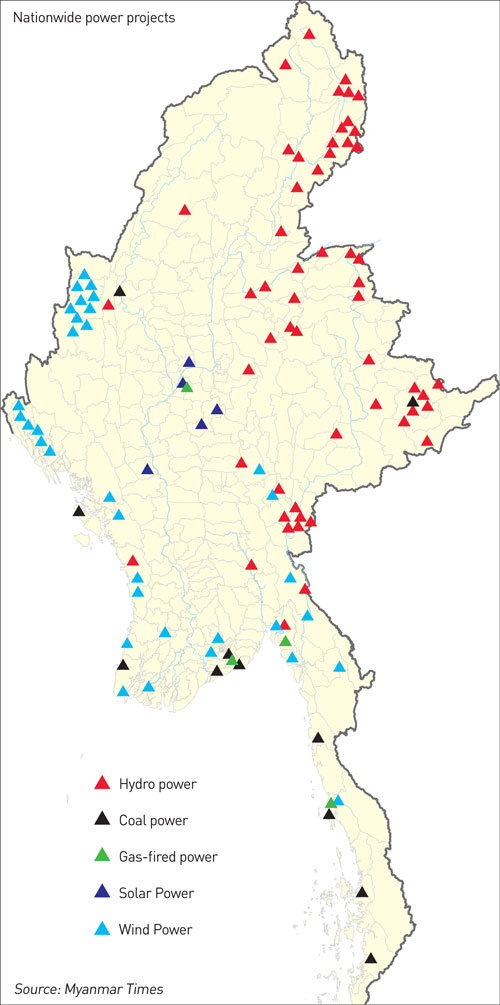The global consortium of telecommunications companies formed to build and operate the South-East Asia Japan Cable (SJC) system, which is routed near Northern Philippines, officially announced the start of the construction of their $400 million project Thursday.
The SJC will link Brunei, China Mainland, Hong Kong, Philippines, Japan, and Singapore, with options to extend to Indonesia and Thailand and is expected to be ready for service in the second half of 2013. The project will bring more available bandwidth to Asia to support future applications and next-generation technologies.
The SJC consortium signed an agreement with TE SubCom (SubCom) and NEC Corporation (NEC) to supply and install the system based on their decades of combined experience, technology superiority and extensive record of on-time and on-budget project completions.
Initially, the SCJ cable was planned to be 8,300 km in length, linking 5 countries / territories. Now, SJC’s length is 8,900 km which could extend up to 10,700 km, linking up to 8 countries / territories while supporting an initial design capacity of over 15 terabits per second.
The SJC consortium is composed of Brunei International Gateway Sendirian Berhad (BIG), China Mobile, China Telecommunications Corporation (China Telecom), China Telecom (Hong Kong) International Ltd. (CTHKI, an Affiliate of China Telecommunications Corporation), Donghwa Telecom Co., Ltd., Globe Telecom, Inc., Google SJC Bermuda Ltd. (a subsidiary of Google Inc.), KDDI Corporation, Singapore Telecommunications Limited (SingTel), PT Telekomunikasi Indonesia International (Telin), Telemedia Pacific Inc. (TPI), and TOT Public Co., Ltd. (TOT).
“The SJC was carefully designed to serve as many direct circuits between the landing points/POPs and is routed nearer the Northern part of the Philippines to avoiding an earthquake-prone area,” according to Ooi Seng Keat, Chairman of the SJC executive committee.
“The cable system will enable members of the consortium to meet the growing demands of the region, not just for increased Internet usage, but bandwidth intensive applications such as Internet TV, games and enterprise data exchange,” he explained.

